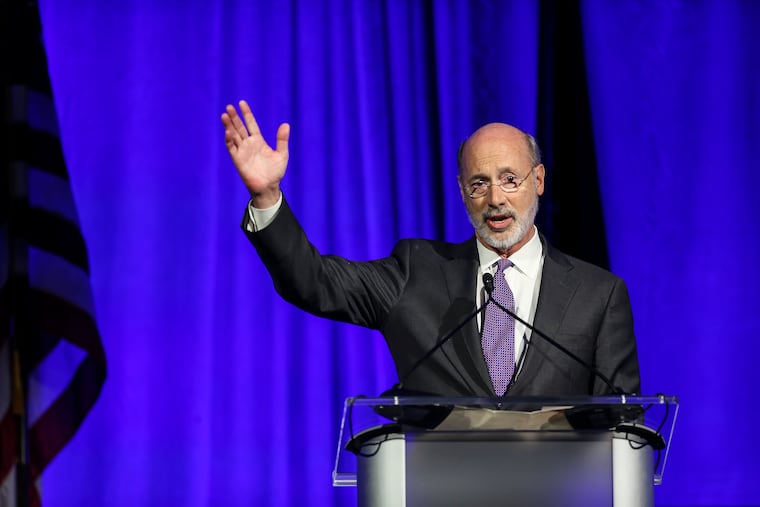School choice and the fight for public education’s soul | Editorial
The true rift Trump underscored in his speech was not just over the separation of church and state, but his reference to “failing government schools.”

The political and philosophical divides that the election of President Trump exposed often play out as a fight for the soul — and the meaning — of the country.
It’s perhaps not surprising that we are also seeing a fight for the soul of education in this country. That battle got particularly heated last week on a number of fronts.
During last week’s state of the union address, Trump reiterated his support for school choice — promoted by his Education Secretary Betsy DeVos — and his support for the “Education Freedom Scholarships and Opportunity Act.” Those scholarships would be funded by tax credits, meaning public dollars would be used by students to pay tuition for private and religious schools. Pennsylvania already has a massive educational tax credit program that diverts $110 million in revenues to private schools; Governor Wolf has vetoed an expansion of this program, which drew Trump’s criticism during the speech.
The true rift that Trump underscored in his speech was not just over the separation of church and state that such scholarships challenge, but his reference to “failing government schools.” This derisive and dismissive reference to public schools shows that the president lacks an understanding and appreciation for the purpose and aspirations of public education. He is clearly unfamiliar with the importance the founding fathers placed when they created a system of public education, or with the words of President John Adams:
“The whole people must take upon themselves the education of the whole people and be willing to bear the expenses of it. There should not be a district of one mile square, without a school in it, not founded by a charitable individual, but maintained at the public expense of the people themselves.”
» READ MORE: VP Mike Pence: Pennsylvanians deserve school choice | Opinion
The tax credit support of private and religious schools has ignited a fire that burns brightly alongside the debate about charter schools vs. traditional public schools. And here, too, Pennsylvania is at the forefront, with one of the largest charter school systems in the country. Roughly 180 schools now educate about 140,000 students at a cost of nearly $2 billion a year.
Since Pennsylvania’s first charter law in 1997, there has been little reform that would improve oversight and accountability. In his budget address last week, Governor Wolf outlined proposals that would increase spending in education and include reforms to the charter law, including reassessing how charters are reimbursed for special education students.
One of the most promising announcements was Wolf’s intention to create $200 million in scholarships for students of the state system universities. He intends to fund scholarships by re-purposing dollars that go into the state’s Race Horse Development Fund. Since gambling was legalized in the state, this troubled industry has received a staggering $3 billion in revenues from slot machines. Scrutinizing that investment and the priority we’re placing on horses over children is long overdue.
The challenge is that both horses and charter schools have loud and vocal constituents. Those who believe in the promise of public education and the value of investing in it should get on the phone to their representatives and add their voices to the debate.